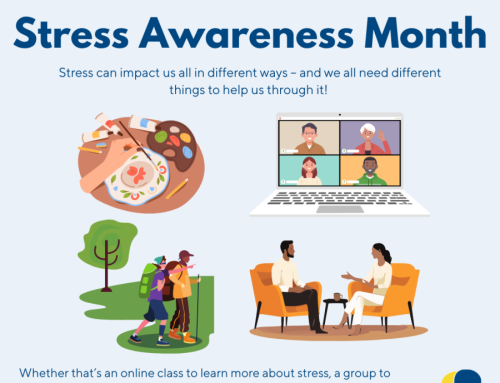Our new Coproduction and Service User Involvement lead, Scotty, has written this blog on the power of power and the need to change unequal power dynamics in our organisations:
It is very easy when working with Coproduction to go onto autopilot and become an evangelist under the pretext that everybody should understand your ethos and work this way. I forget that there is also a journey to get to a fuller understanding of Copropduction. That, for me, came in the form of the 6 key principles of Coproduction,
- define people who use services as assets with skills
- break down the barriers between people who use services and professionals
- build on people’s existing capabilities
- include reciprocity (people get something back for having done something for others) and mutuality (working together to achieve their shared interests)
- work with peer and personal support networks alongside professional networks
- facilitate services by helping organisations to become agents for change rather than just being service providers.
By understanding and working towards these values, Coproduction can run somewhat naturally. However, there is one element that always proves to be a barrier and that is the Power dynamic between people working together in coproduction. In my experience, Power has always presented the biggest challenge and not necessarily for obvious reasons, but for reasons that don’t always present themselves visibly.
Challenging Unequal Power Dynamics
Alice Walker once said, “The most common way people give up their power is by thinking they don’t have any.” This dynamic is the biggest challenge I have met when trying to achieve levels of equity. I can only put this down to the roles people are in when they come into contact with Coproduction, as it is often by invite from a service that has at some point been “delivered” to the invited.
There often looks and feels to be a perception of Power with the relationship between a worker and Service User. This Power dynamic is something we should try our best not to exaggerate or utilize. In my experience, I have seen and always aimed for Power not to be visible or prominent in my relationships with others, as I know what it feels like to perceive an unequal Power dynamic. When I went to work at Probation, I was sat next to 2 Probation Officers who used to supervise me and I behaved totally different with them than I did with the other Probation Officers. The perception of an unequal Power dynamic can make Service Users feel like they don’t have Power in the space to make change or speak their mind.
This is why understanding Power and perceived Power is important, as it allows for the breakdown of barriers to happen between Service User and Professional and allows for Peer Support Networks to be built.
The kind of Power that should be embedded in CoProduction is best described by Indira Ghandi, “The Power to question is the basis of progress.” At the heart of Coproduction are the stakeholders. When it emanates from an organization or charity, these stakeholders are often Service Users/Patients/Residents. To work effectively and collaboratively, the Organisation will view the stakeholders as critical friends and encourage people to use their Power to question and provide a view, thought or opinions that do not sit in any current agenda, except to Coproduce. This makes progress possible. Understanding that there are different kinds of Power is a necessary element of participatory approaches and can serve to remove or lower some of the “Old World” Power barriers that limit us.
“But we’ve always done things this way…”
Power is still a common reason why there are lots of failed Coproduced projects littered across varying Health, Social Care and Third Sector organisations. People are people and find comfort and safety in the path of least resistance. Coproduction isn’t always comfortable, safe and definitely not the path of least resistance.
To some, it is a new way of working and challenges the most dangerous sentence to come out of any organisation, “We’ve always done things that way.” It may be true and “that way” may have helped in the past but we look to a new future across all sectors and part of that is to understand the people we support, work for and care for. We support change and promote that people can change both themselves and the world around them and then live the total opposite of that if we stick to doing things ‘the way we’ve always done them’. Maintaining old hierarchies and unequal power dynamics prevents positive change for all the people around us.
As Coproducers with our own Power and the Power to change, I would like you all to embrace all that comes with working in this manner, to embrace one other in the Power to change… Go be an agent for change and find your own power by Coproduction because as Socrates once allegedly said, “The secret of change is to focus all your energy, not on fighting the old, but on building the new.”
Thank you





